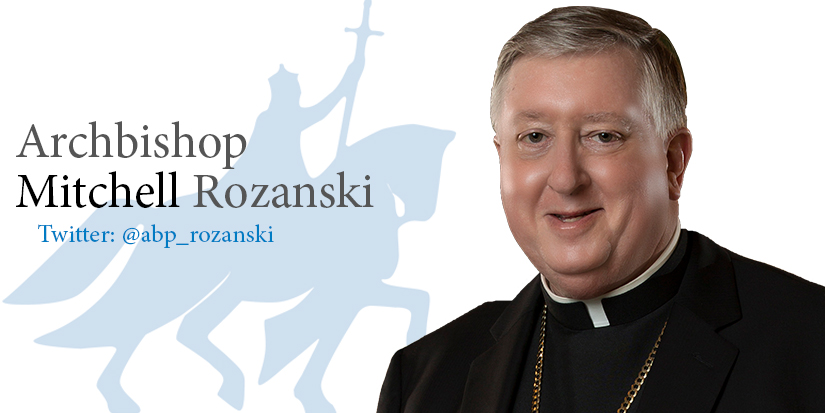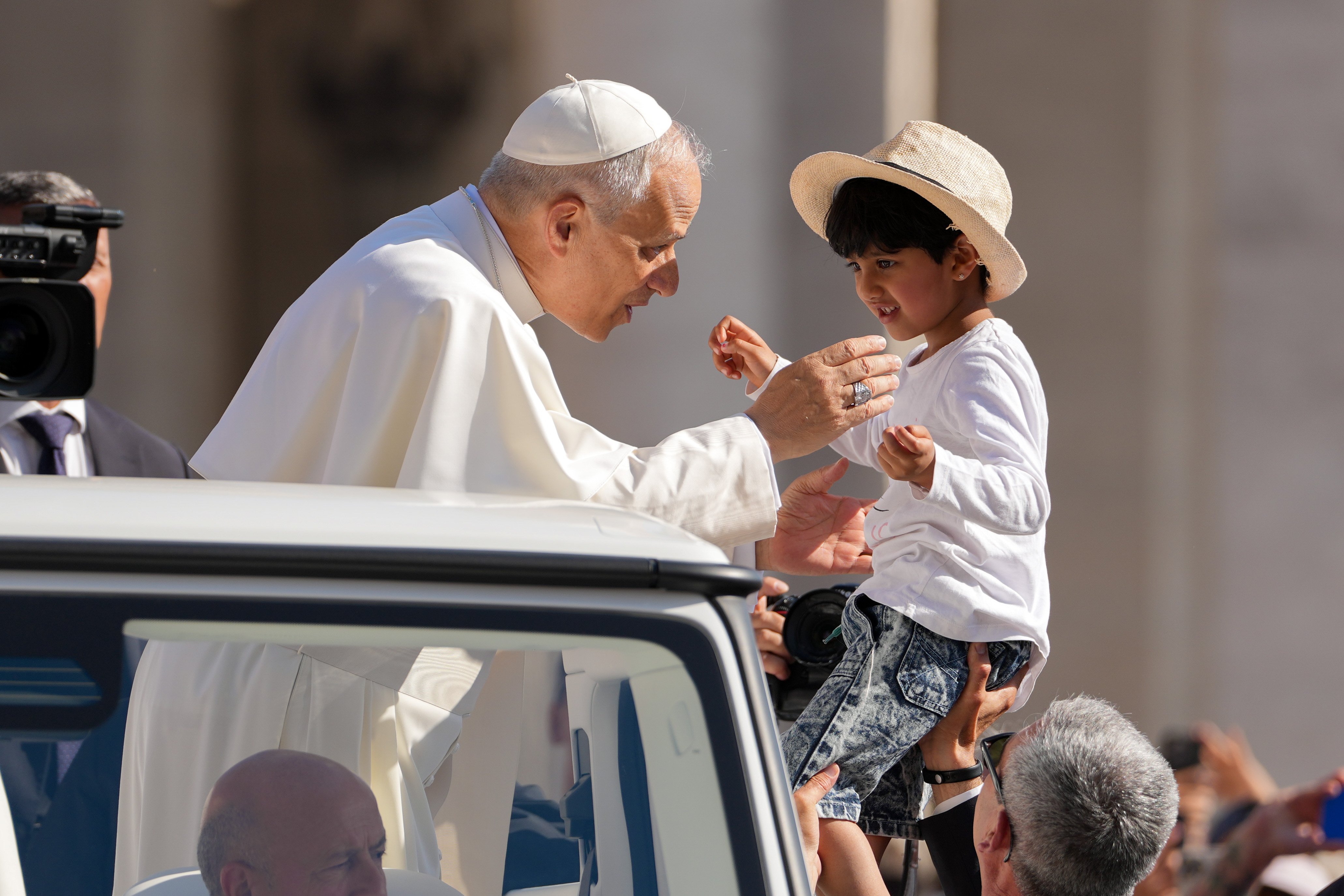SERVE THE LORD WITH GLADNESS | The rebuilding of the Temple offers lessons for pastoral planning
There is excitement — and challenges — in knowing that plans for future glory will not be the same as that of the past

Dear brothers and sisters in Christ,
The readings this week give us a window into the time of the “restoration” in Israel’s history — the time in the 500s BC when the people returned from the Babylonian exile and were rebuilding the Temple. This period in Israel’s history provides some helpful lessons for us as we engage in pastoral planning.
We start the week with the prophet Ezra. The Persian king Cyrus had defeated the Babylonians. After a long period of exile, the people were free to return to the Promised Land. In fact, Cyrus told them to go back and rebuild the Temple! It was an exciting prospect.
Of course, when they got back, they realized the scope of the project. The city and the temple had been razed to the ground. They would have to think, plan and build from the ground up. It was an amazing but daunting opportunity: to look back and think through all the lessons they’d learned, to look ahead and think long term, and to build accordingly.
Later in the week, we hear the interjection of the prophet Haggai. Through a combination of external resistance and, truthfully, some internal lack of motivation, the rebuilding of the Temple had stalled. Haggai exhorted the people to get moving again! The plans for the new Temple didn’t look as glorious as they remembered Solomon’s Temple being. But Haggai assured them: the future glory of the Temple would be greater than its former glory.
In retrospect we know: that was not just a prophecy that the physical building would be greater. Haggai’s message also pointed to a transformation. The new temple would be more glorious because Jesus would enter it, and because Jesus would become the new temple, and because Jesus would make His followers into the temple of His body. The new glory would be greater, but it would be different than it was before, just as Jesus really was the Messiah — a greater but different kind of Messiah than the people expected.
The prophet Zechariah concludes the week with the good news that God Himself would be the glory of the rebuilt city. Again, this is most deeply fulfilled when Jesus enters the city, and when the Holy Spirit comes to dwell in His followers.
At each point this week the readings give us a little window into the past, and some helpful perspective for our pastoral planning. It is, in some ways, a sad thing to know that we have to rebuild — to know that the glories of the past are just that: the past. It is, at the same time, an exciting prospect — to plan and build for the future. It’s challenging to know that the glory of the future will not look like the glory of the past, and to open ourselves to new possibilities. Finally, it’s challenging to exercise patience — to let the project unfold one step at a time, and to keep our determination in the face of internal and external resistance.
Most of all, though, it’s a comfort to know that, as the people of God, we have been here before. Let’s foster the confidence that the Lord will lead us now as He did then.



